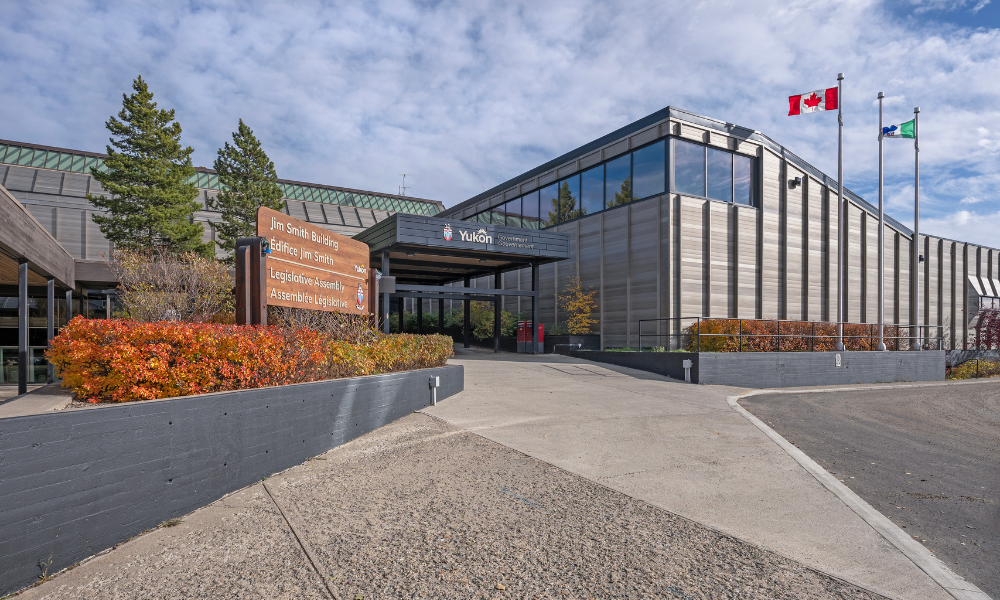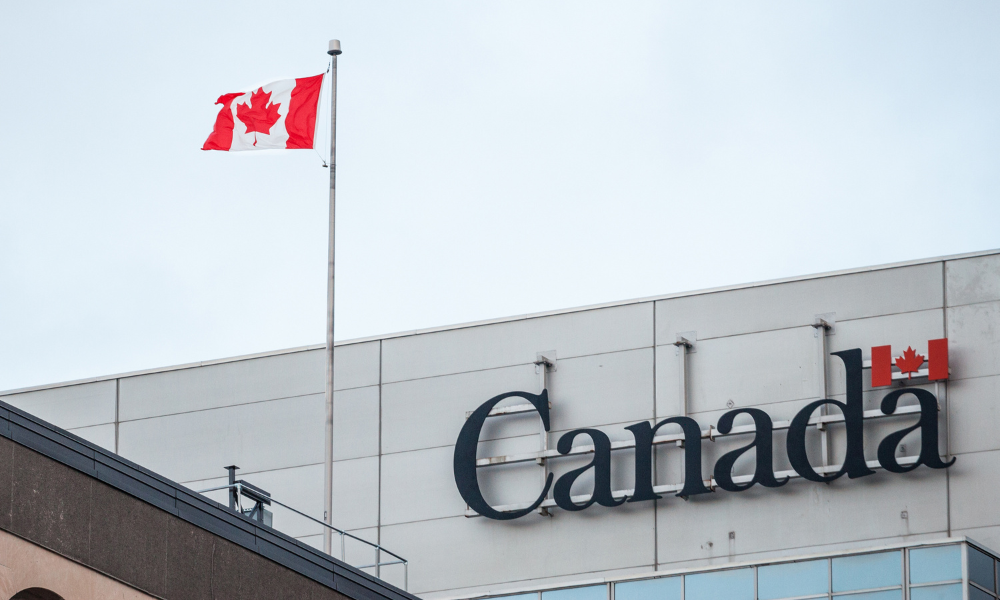Execs expected to see gains of 4.6 per cent; management 3.5 per cent

Employees can expect average salary increases of 2.5 per cent next year, excluding zeros, according to a survey released by Accompass and the Toronto Region Board of Trade.
Including zeros, the average falls to 2.4 per cent, while the median is 2.5 per cent, found the survey of 203 employers.
Six per cent of employers are planning freezes for 2018, while 80 per cent have not yet finalized their budgets.
Last year’s projected increase was 2.5 per cent while the actual increase was 2.6 per cent.
Looking at cities, Toronto/GTA is expected to see the largest rise (2.6 per cent) followed by Ontario-Other (2.4 per cent), Winnipeg (2.3 per cent), Calgary, Montreal and Halifax (each 2.2. per cent) and Vancouver (two per cent).
When it comes to job levels, executives are predicted to see gains of 4.6 per cent, followed by management at 3.5 per cent, professional at three per cent and administration at 2.7 per cent.
For larger employers (1,000 or more employees) the predicted rise is 2.3 per cent, while employers with 501 to 1,000 workers are forecasting 2.6 per cent, employers with 101 to 500 workers are forecasting 2.7 per cent and small employers of one to 100 workers are forecasting 2.5 per cent, found the survey.
The industries expected to see the biggest gains are high-tech (4.1 per cent) and professional services (3.2 per cent), followed by engineering and manufacturing-durable (both 2.6 per cent), financial services, real estate management and retail/wholesale (2.5 per cent each), manufacturing-non-durable and associations and foundations (both 2.3 per cent) and health care (1.8 per cent).
Seventy-three per cent of respondents said they have salary ranges, and when it comes to planned increases to the range for 2018, they’re predicting 2.2 per cent, found the survey.
Fifty-five per cent said they increase their salary ranges annually, while 34 per cent said “as needed,” eight per cent said every two years, and three per cent said every three years.
As for the top compensation priorities in 2018, employee attraction (28 per cent) came out on top, followed by internal equity and cost-containment (both 17 per cent), and pay equity compliance and incentive plan design (both eight per cent).




